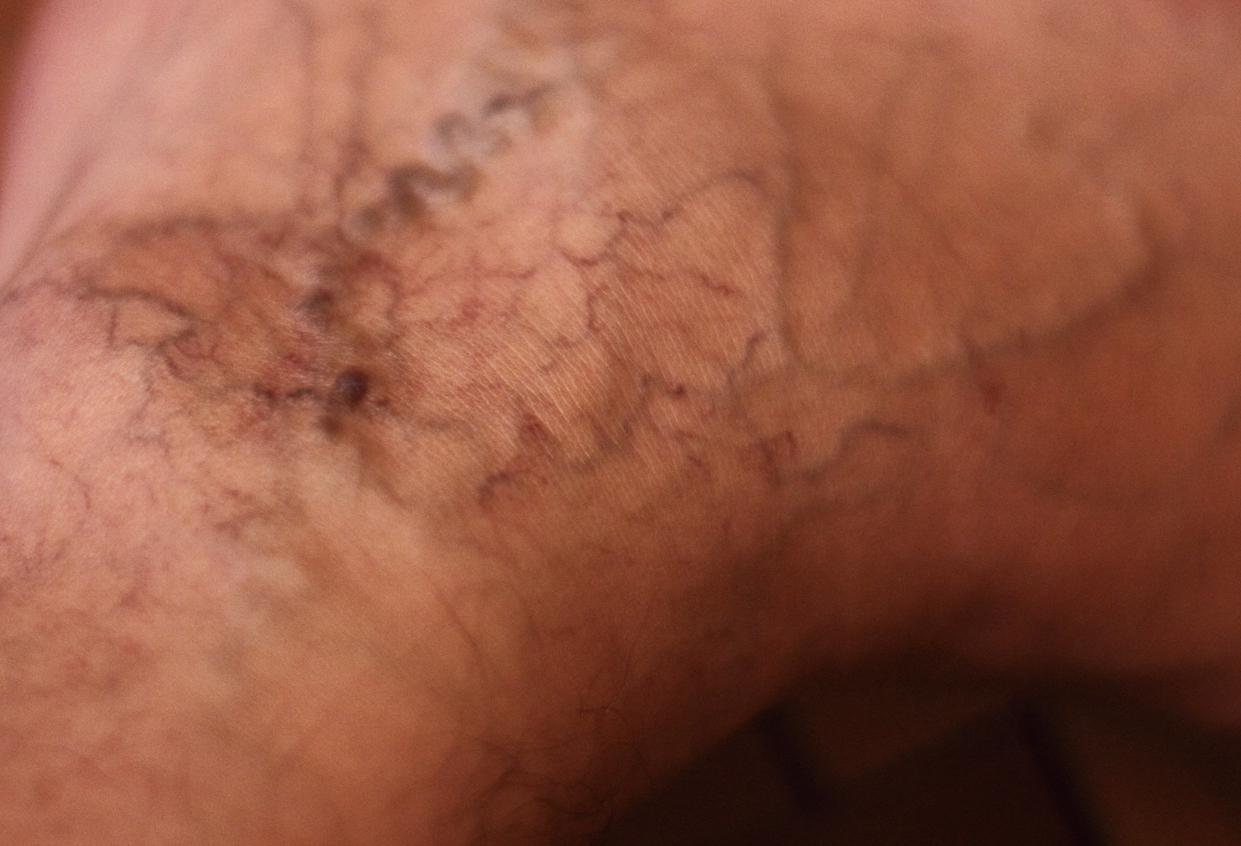If you experienced sudden changes to your skin tone, swelling in your legs, ankles or arms, painful and bulging veins, or red inflammation around your veins, it could be a sign that you are suffering from a vein disease known as venous reflux. Learning more about venous reflux can help you determine if you should schedule an appointment at the local vein clinic as may be experiencing symptoms related to this vein disorder.
What is Venous Reflux?
The blood in your body is circulated through a complex system of veins throughout your body. Each vein is responsible for carrying blood in one direction, either away from the heart or to the heart. Occasionally, the veins that carry blood back to the heart become blocked which results in blood pooling in the legs. When this happens it is known as venous reflux.
What can Cause Venous Reflux?
A number of things can contribute to the development of venous reflux. Some of the things that have been known to cause this vein disorder include:
- Age – vein walls thin as part of the natural aging process
- Blood clots
- Injury or trauma to the area around the vein that is impacted
- Family history of vein disease
- Being overweight
- Varicose veins
- Smoking
- Muscle weakness
- Prolonged periods of inactivity or movement
- Swelling of the superficial veins in the body
Alternative Treatment Options for Venous Reflux
Unless your case of venous reflux is severe or causing discomfort, your vein specialist may recommend trying alternative treatment options before making the recommendation to try various medical procedures. The type of alternative treatment that is recommended will vary depending upon what your vein specialist believes is causing the venous reflux.
Some alternative treatment options include:
- Encouraging weight loss or maintaining a healthy weight
- Making changes to your diet to include healthier, more nutritious foods
- Encouraging regular exercise
- Scheduling regular breaks at work to prevent you from sitting for prolonged periods of time
- Working to quit smoking
- Wearing compression socks or compression garments to encourage healthy blood flow
Sometimes these alternative treatment options may be recommended in addition to medical treatment. This is done because once you develop venous reflux you increase your chances of experiencing it in other parts of the body and other veins. Making lifestyle changes that are a part of alternative treatment can help decrease your chance of developing this venous disorder in the future.
Non-Invasive and Surgical Procedures that can Treat Venous Reflux
In some cases of venous reflux, the walls of the veins are so severely damaged that alternative treatment is not enough. If the walls of the veins are damaged, a vein specialist can do a number of procedures that will either work to bypass the damaged vein or remove the damaged vein completely.
Some of the non-invasive or surgical procedures that may be recommended for treatment of your venous reflux include:
- Laser therapy – using a laser therapy to destroy the impacted vein so blood can be redirected around it
- Ablation – using a form of heat to destroy the impacted vein where blood will then be redirected to healthier veins around it
- Sclerotherapy – injecting a chemical into the vein to collapse the damaged vein
- Ligation – surgically typing off blood flow to the vein
- Vein stripping – surgically removing the vein through a small incision. Usually used as a last resort for severe cases of venous reflux
If you suspect you may have venous reflux, call Vein911 in Tampa, Florida to schedule a consultation with Dr. Chris Pittman. Dr. Chris Pittman is an experienced vein doctor who can provide you with recommendations for treatment of your vein disease.

